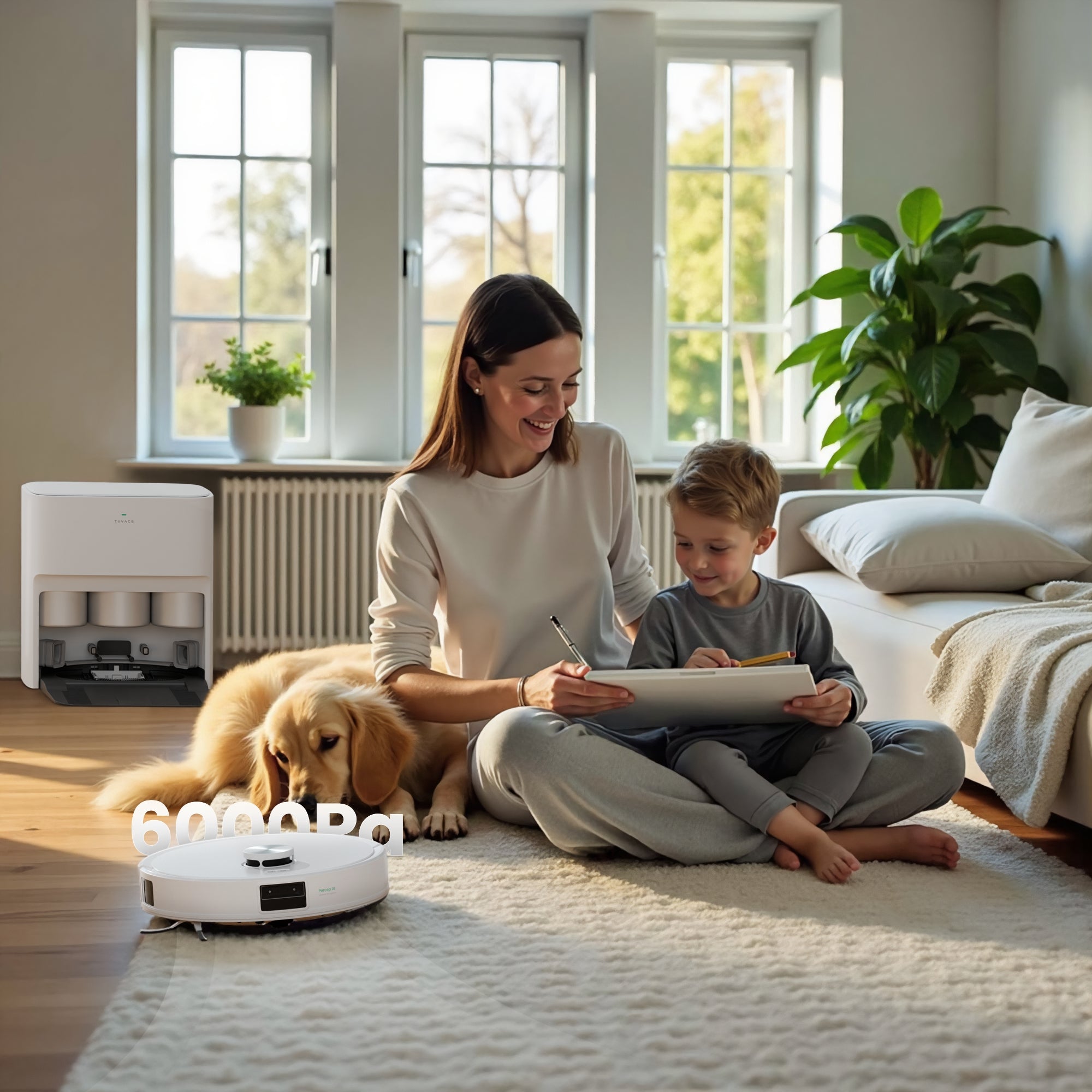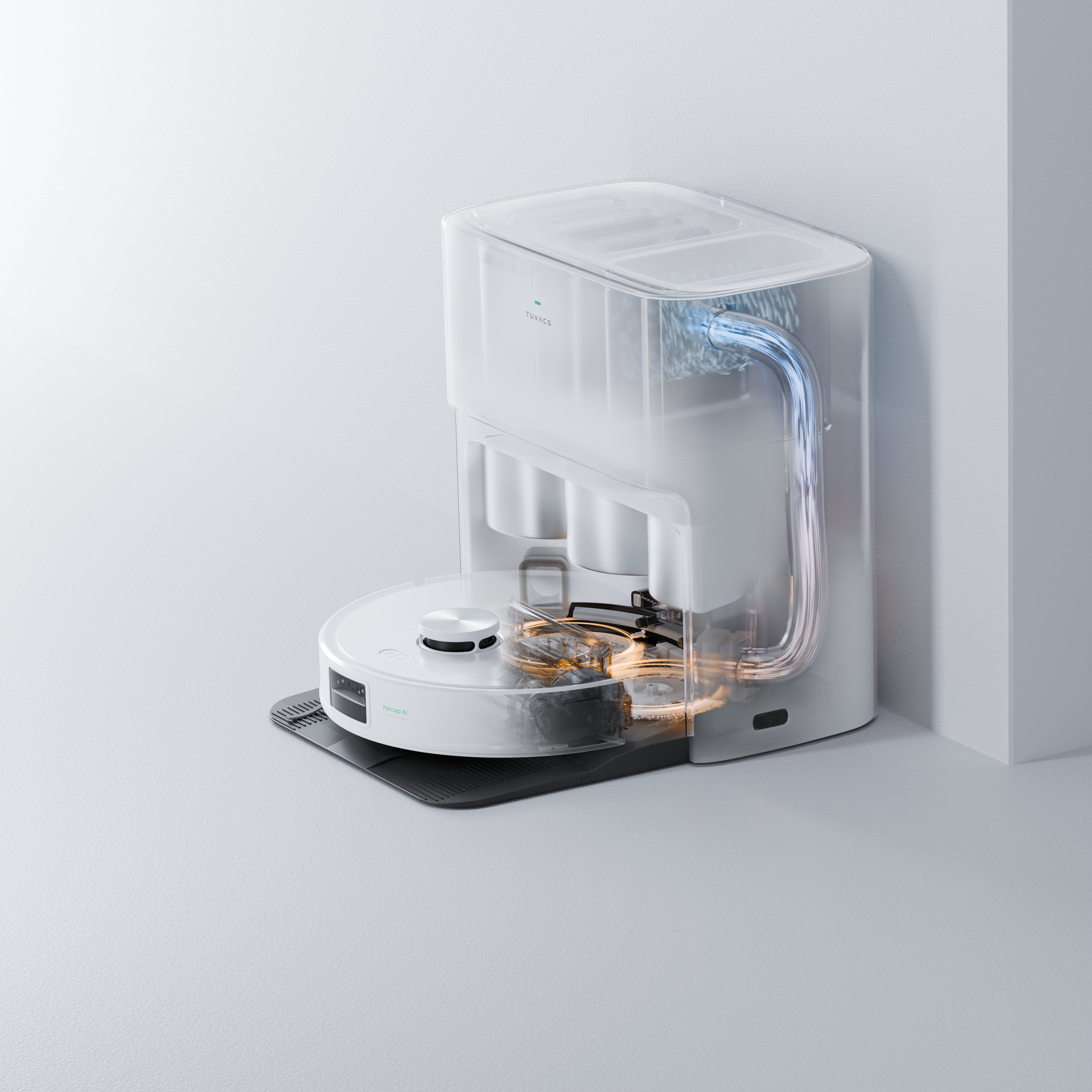
As I walked through the bustling streets of Accra, I couldn’t help but notice a small shop displaying an array of household gadgets. Among them was a sleek mini robot vacuum, quietly whirring as it navigated around obstacles on the floor. This scene sparked my curiosity about how such technology is being embraced in Ghana—a country where traditional cleaning methods have long dominated households.
The Unique Features of Mini Robot Vacuums in Ghana

In recent years, Tuvacs has emerged as a prominent player in the mini robot vacuum market within Ghana. These devices are not just compact and efficient; they are tailored to meet specific needs that resonate with local consumers. One notable feature is their adaptability to various flooring types commonly found in Ghanaian homes—be it tile, wood, or even concrete surfaces. Unlike larger vacuums that can be cumbersome and impractical for smaller living spaces often seen here, Tuvacs offer a solution that combines efficiency with convenience.
Moreover, affordability remains a critical factor influencing consumer choices in this region. The pricing strategy adopted by manufacturers like Tuvacs ensures accessibility for middle-income families who seek modern solutions without breaking the bank. Additionally, these robots come equipped with smart navigation systems designed to handle cluttered environments typical of many urban homes—an essential characteristic given the limited space available.
Find more about home robot vacuum.
Conclusion: Embracing Innovation Amidst Tradition
The introduction and growing popularity of mini robot vacuums like Tuvacs signify more than just technological advancement; they represent a shift towards embracing innovation amidst longstanding traditions. As Ghanaians increasingly recognize the value of time-saving appliances that enhance daily life quality while maintaining cultural practices related to cleanliness and home care, we can anticipate further growth in this sector. In conclusion, mini robot vacuums are not merely gadgets—they embody an evolving lifestyle choice reflective of changing attitudes toward domestic chores within Ghana’s vibrant society.

